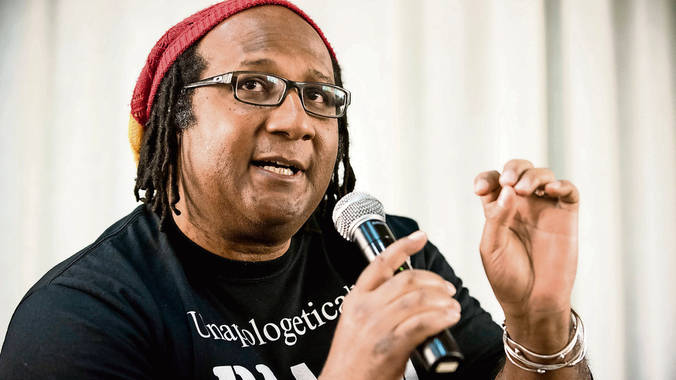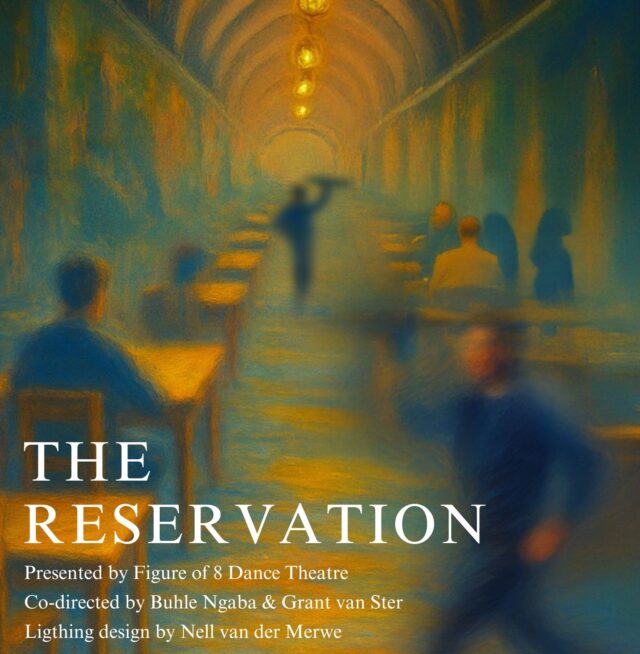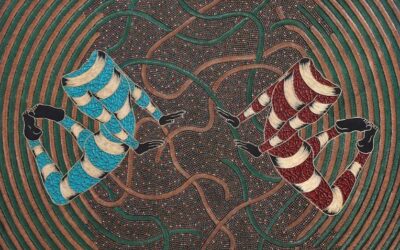Philosopher Lewis R Gordon defines ‘being black’ in the book ‘What Fanon Said: A Philosophical Introduction to his Life and Thought’.
The animating spirit of Frantz Fanon was much in evidence at the recent M&G Literary Festival. Now, from one of the panellists at the festival, Lewis R Gordon, comes What Fanon Said: A Philosophical Introduction to his Life and Thought (Wits University Press), from which the following edited extract is taken.
There is a white construction called “the black”. This construction is told that if he or she really is human, then he or she could go beyond the boundaries of race. The black can supposedly “really choose” to live otherwise as a form of social being that is not black and is not any racial form or designation.
Racial constructions are leeches on all manifestations of human ways of living: language, sex, labour (material and aesthetic), socialising (reciprocal recognition), consciousness, and the “soul”. Black Skin, White Masks thus describes a quasi -anonymous black hero’s efforts to shake off these leeches and live an adult human existence.
Each chapter represents options offered the black by modern Western thought. In good faith, then, the black hero attempts to live through each of these options simply as a human being. But the black soon discovers that to do so calls for living simply as a white. Antiblack racism presents whiteness as the “normal” mode of “humanness”. So, the black reasons, if blackness and whiteness are constructed, perhaps the black could then live the white construction, which would reinforce the theme of constructivity.
Each portrait is, however, a tale of how exercising this option leads to failure. And in fact, “failure” takes on a peculiar role in the work; it is the specialised sense in which Fanon is using the term “psychoanalysis”: “If there can be no discussion on a philosophical level – that is, the plane of the basic needs of human reality – I am willing to work on the psychoanalytical level – in other words, the level of ‘failures’ [ratés], in the sense in which one speaks of engine failures”.
The French word that matches the ordinary English use of the word “failure”, where defeat or setback is meant, is échec. Raté more properly refers to a misfire, missing the mark, or something backfiring, as in an old combustion engine, which explains Fanon’s reference to engine failures. The word is also used, however, to refer to not measuring up, of failing to meet a standard, as in the expression raté de père, a man failing to meet the expectations or standards of fatherhood, a concept rich with psychoanalytical content.
See full report in Mail & Guardian






